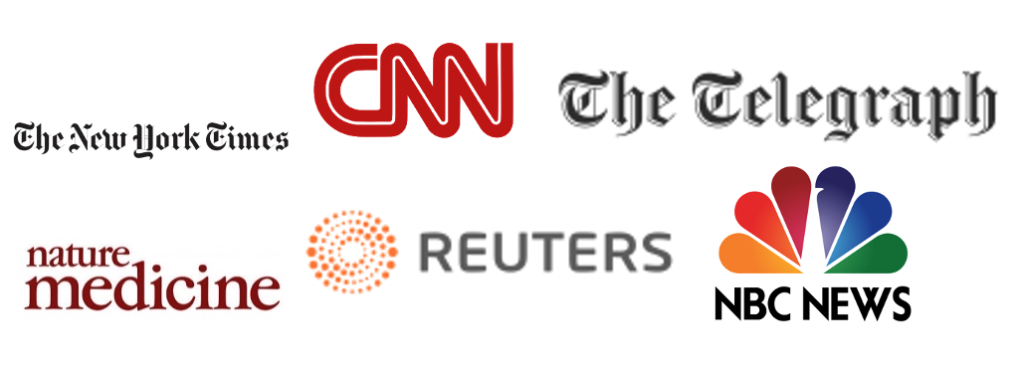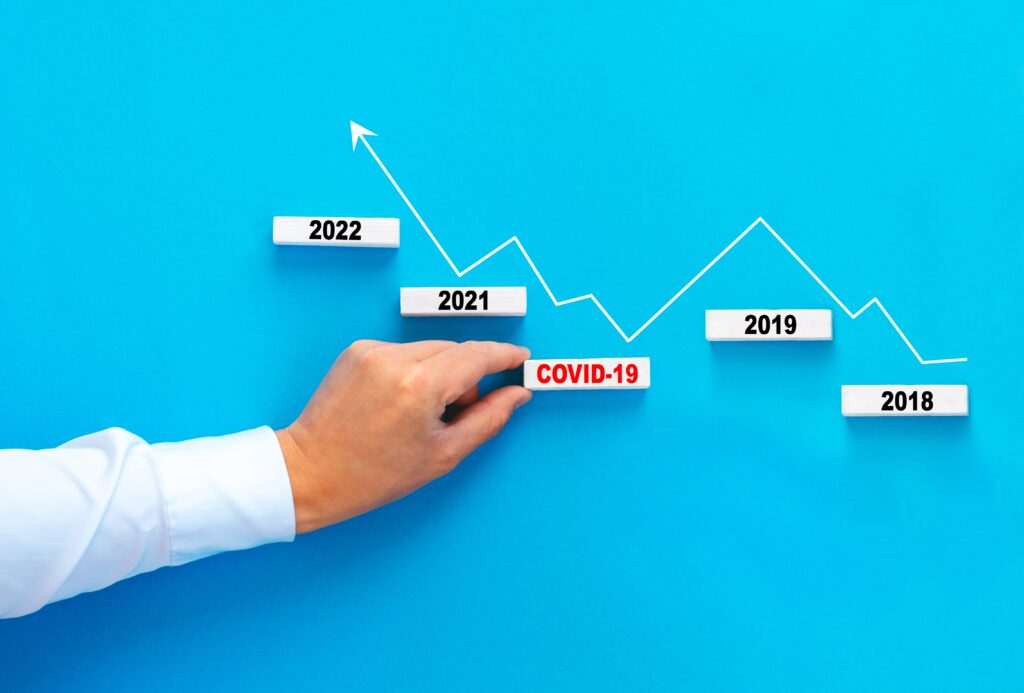Our COVID Studies are helping to focus public policy, inform public debate and drive effective COVID response around the world.
Consensus Strategies has been heavily engaged in survey research projects focused on global COVID-19 response for the past year including confidence in government programs, public safety compliance, disparities in demographic impacts and vaccine acceptance. Working with a variety of institutions and organizations around the world, our research has included over 20 countries and scores of national and state surveys designed to generate actionable data that can help steer public policy, guide medical program implementations and target vital resources to irradicate this global pandemic.
Our survey research team has developed tools and methods over the years that have been invaluable in our strategic advocacy work including strategic development and messaging, heat mapping, project resource allocation, micro-targeting and more. The COVID-19 pandemic led to early calls for us to partner with universities and institutions for deep dives into pandemic response and vaccine compliance. Understanding cultural, demographic, geographic and political attitudes is crucial to ensuring an effective response locally and globally. We are very proud of the work our team has done and the work that will continue until this crisis is over for everyone.
Our COVID Studies are helping to focus public policy, inform public debate and drive effective COVID response around the world.

Coronavirus vaccines stir doubts among many people worldwide
When asked if “you would accept a vaccine if it were recommended by your employer and was approved safe and effective by the government,” 32% of respondents completely agreed, while 18% somewhat or completely disagreed.
https://www.sciencedaily.com/releases/2020/10/201020131340.htm
Early Vaccine Doubters Now Show a Willingness to Roll Up Their Sleeves
Polls show that pervasive skepticism is melting, partly because of the high efficacy rates in trials and the images of real people getting the shot.
https://www.nytimes.com/2020/12/26/health/covid-vaccine-hesitancy.html
Confidence in UK’s Covid-19 response ranked one of the lowest in Europe
Coronavirus testing and failure to stop outbreaks in care homes were some of the areas Britons said the government had fallen down on.
https://www.telegraph.co.uk/global-health/science-and-disease/confidence-uks-covid-19-response-ranked-lowest-europe/
A global survey to assess public perceptions of government responses to COVID-19
Understanding public perceptions of government responses to COVID-19 may foster improved public cooperation. Trust in government and population risk of exposure may influence public perception of the response.
https://journals.plos.org/plosone/article?id=10.1371/journal.pone.0240011
COVID-19: A Barometer for Social Justice in New York City
The gaps in mortality rates are just the tip of an iceberg of long-standing public health–related inequities among people of color in the United States. These discrepancies threaten all US citizens—wealthy and poor alike—and they have been exacerbated by the coronavirus.
https://www.ncbi.nlm.nih.gov/pmc/articles/PMC7542288/
Most people would get COVID-19 vaccine if offered by government or employer
Most people would get a COVID-19 vaccine if their government or employer recommended it, results of a global poll showed on Tuesday, amid growing concerns about public distrust of the shots being developed at speed to end the pandemic.
https://www.reuters.com/article/uk-health-coronavirus-vaccine-study/most-people-would-get-covid-19-vaccine-if-offered-by-government-or-employer-poll-idUKKBN2751FA
Rates of Food Insecurity Remain High Despite Expansion of New York City Food Assistance Programs
In the last several months, the proportion of New Yorkers reached by the public food programs initiated by New York City to address rising rates of food insecurity has doubled, indicating progress in reaching those in need.
https://sph.cuny.edu/research/covid-19-tracking-survey/september-part-2/
Lack of Knowledge May Stop Many New Yorkers From Taking a COVID-19 Vaccine, but Personal Experience of Disease May Encourage It
Respondents Express Widespread Belief in Hidden Forces Behind the Pandemic. Slightly less than half (48%) of New Yorkers know how vaccines actually work, but those who do are about 7% more likely to say they will take a COVID-19 vaccine when one becomes available.
https://sph.cuny.edu/research/covid-19-tracking-survey/week-12-part-2-vaccines/
A Tool to Evaluate Public Perception of Countries’ Response to the Pandemic
Government response to the COVID-19 pandemic has varied considerably between countries. Although most governments have implemented a series of common measures such as mobility restrictions, closure of businesses, places of worship and schools, or shelter-at-home orders, the timing and approach have differed.
https://sph.cuny.edu/life-at-sph/news/2020/10/06/covid-score/
Acceptance of COVID-19 vaccine has increased significantly under Biden administration
Under the Biden Administration, New Yorkers’ acceptance of the Covid-19 vaccine has increased significantly. In September, 55% of residents reported they would take the vaccine when it became available and this January, 64% reported they would take it.
https://www.news-medical.net/news/20210209/Acceptance-of-COVID-19-vaccine-has-increased-significantly-under-Biden-administration.aspx
What Will It Take for People to Embrace a COVID Vaccine?
When scientists finish developing a COVID-19 vaccine, will people be willing to take it?
An international research team analyzed data from 19 countries hit hard by the new coronavirus and found that when confidence in government was low, hesitancy to accept a COVID-19 vaccine was higher.
https://consumer.healthday.com/infectious-disease-information-21/coronavirus-1008/what-will-it-take-for-people-to-embrace-a-covid-vaccine-762419.html
Weekly COVID-19 Survey in New York City
Between mid-March and June 2020, several faculty members from the CUNY Graduate School of Public Health & Health Policy convened to conduct 11 tracking surveys of NYC residents. Surveying over 1000 residents each week in English and Spanish, we confirmed that socioeconomic challenges resulting from the epidemic were far worse for Latinx and Black communities in NYC than for the rest of the population.
https://sph.cuny.edu/research/covid-19-tracking-survey/methodology/
About 4 in 10 Latinos in New York City have lost their jobs because of coronavirus
A survey published Tuesday found that job losses related to the coronavirus pandemic have disproportionately affected Latinos in New York City.
https://www.nbcnews.com/news/latino/about-4-10-latinos-new-york-city-have-lost-their-n1167931
Vaccines are safe. But huge numbers of people around the world say they wouldn’t take a Covid jab
Preliminary results of a 19-country survey by campaign group Convince (Covid-19 New Vaccine Information, Communication and Education) show that about 70% of British and US respondents would take one…
https://www.cnn.com/2020/08/15/health/vaccine-hesitancy-coronavirus-safety-intl/index.html


